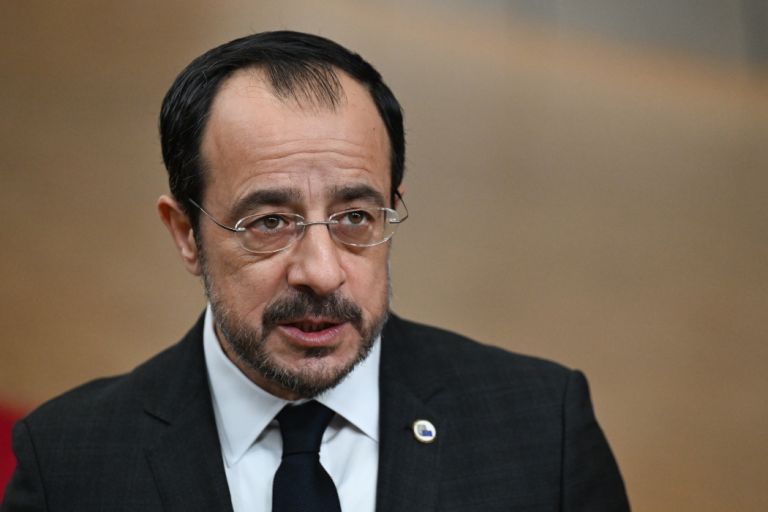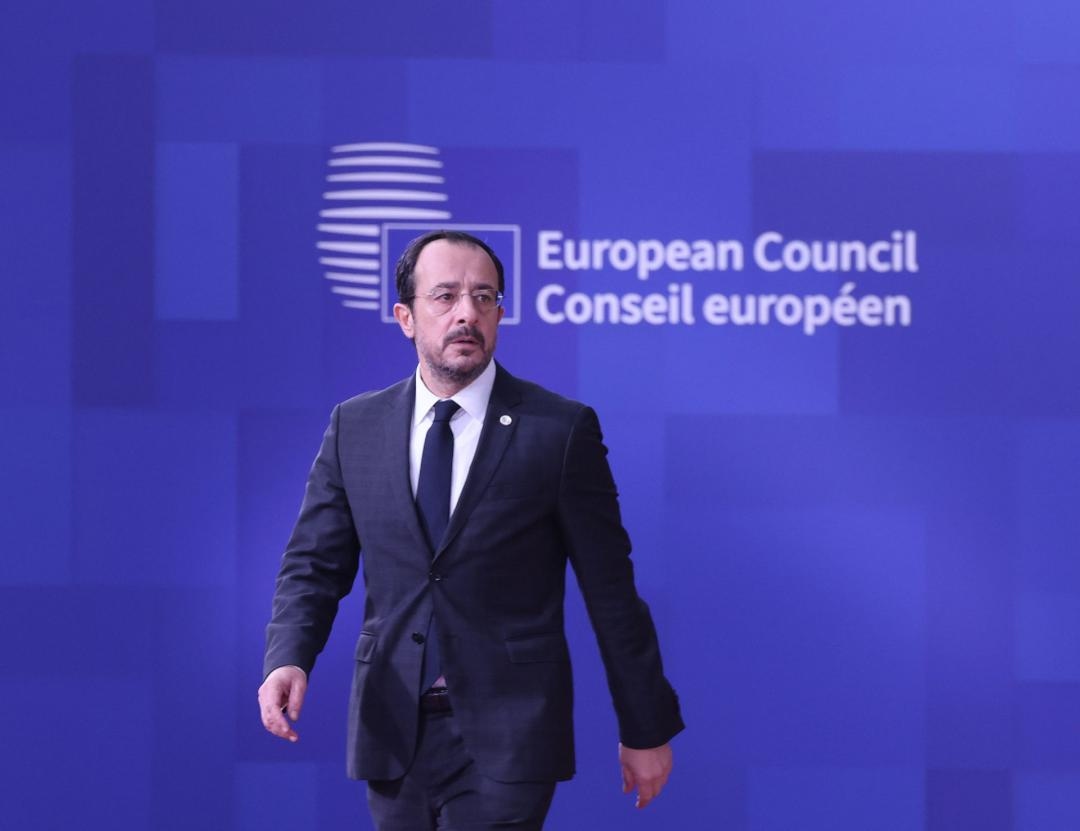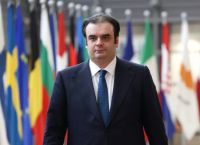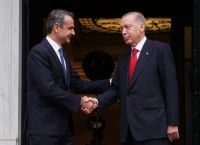SAFE at a Crossroads: Cyprus Races to Secure EU Defense Funds Amid Tensions With Turkey

Πηγή Φωτογραφίας: ΣΥΝΟΔΟΣ ΤΟΥ ΕΥΡΩΠΑΪΚΟΥ ΣΥΜΒΟΥΛΙΟΥ *ΠΡΟΣΟΧΗ ΜΟΝΟ EDITORIAL USE * (POOL PHOTO/ΕΥΡΩΠΑΪΚΗ ΕΝΩΣΗ/EUROKINISSI)
Cyprus is entering the final stage of selecting projects to submit by November 30 for inclusion in the European Union’s SAFE (Support to Ammunition and Defence Equipment) program — a new financial mechanism designed to boost collective defense capabilities among EU member states.
For Nicosia, the opportunity is nothing short of strategic and historic. The island nation stands to gain access to up to €1.18 billion in low-interest European financing to upgrade key military infrastructure and position itself as a security and stability hub in the Eastern Mediterranean.

Two Flagship Projects: Paphos and Mari
At the top of the Cypriot proposal list are two critical defense investments:
- The upgrade of the “Andreas Papandreou” Air Base in Paphos, aimed at enhancing multi-role aircraft support facilities and enabling allied force operations under EU or NATO frameworks.
- The expansion of the “Evangelos Florakis” Naval Base at Mari, which will include a new pier and refueling infrastructure capable of hosting larger naval units — effectively transforming it into a forward operating base for European missions in the region.
Military analysts note that such projects could turn Cyprus into a “small but vital shield of Europe”, reinforcing regional deterrence at a time of escalating instability from the Middle East to North Africa.
SAFE and Europe’s Strategic Autonomy
Launched as part of the EU’s response to Russia’s rearmament and Mediterranean instability, the SAFE program provides member states with low-interest financing for the production, storage, and maintenance of defense equipment and infrastructure.
For Cyprus, participation in SAFE goes far beyond economics — it represents a geo-strategic declaration. Located at the crossroads of Europe, Asia, and Africa, the island plays a front-line role in Europe’s security architecture. Access to this funding could act as a force multiplier for its defense posture and industrial capacity.
The “Turkey Factor” and a Delicate Balance
No defense initiative in Cyprus can be viewed in isolation from the broader regional power dynamic. Ankara watches every Cypriot move closely — particularly those with European backing.
Observers argue that the strengthening of Cypriot military installations could serve as a counterbalance to the Turkish military presence in the occupied north and the growing assertiveness of the Turkish navy in the Eastern Mediterranean.
Still, Nicosia is treading carefully, seeking security without confrontation. As one government source put it, “Cyprus arms itself not against anyone, but in favor of stability and security in the region.”
Prospects and Challenges
The Cyprus Defense Industry Council, chaired by the Minister of Defense and including representatives from the Chamber of Commerce (KEVE), the Employers Federation (OEB), and the Defense Industry Association, is expected to finalize the investment list soon.
Parallel discussions involve integrating high-tech research projects such as surveillance systems, drones, and cyber-defense technologies.
If managed effectively, this initiative could firmly establish Cyprus as a key pillar of Europe’s security architecture — and a reliable ally in the EU’s emerging defense identity.
Nicosia stands at a rare strategic juncture — balancing security needs with geopolitical realities. The success or failure of its SAFE plan will not only shape Cyprus’ defense posture but also its position on Europe’s new strategic map.
Source: pagenews.gr
Διαβάστε όλες τις τελευταίες Ειδήσεις από την Ελλάδα και τον Κόσμο






Το σχόλιο σας